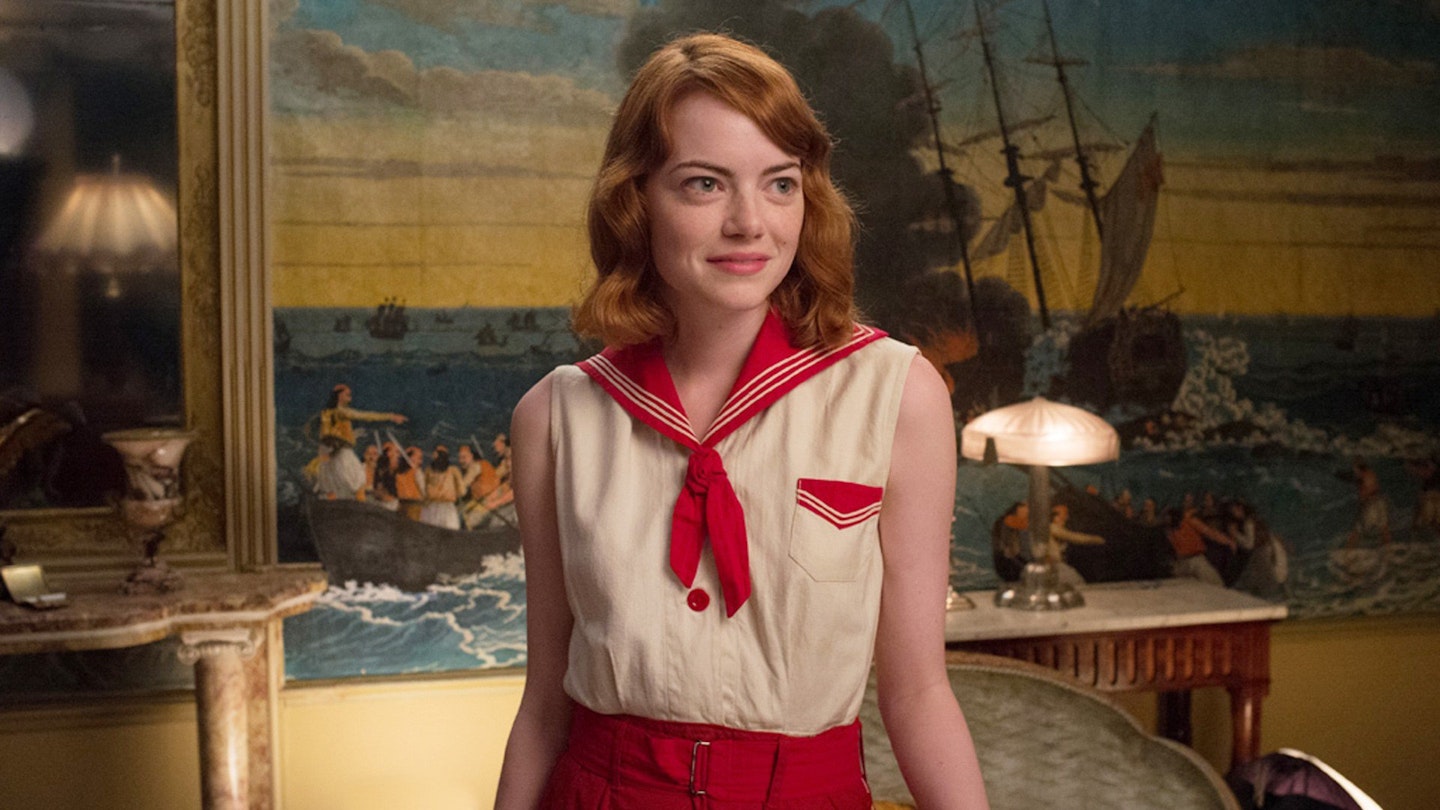This Jazz Age bagatelle in a scrumptious French Riviera, mostly at magic hour (naturellement), is Woody Allen in a minor key. It shares the bonhomie, literary nostalgia and elegance of Midnight In Paris, but isn’t ever as funny or as yearning in spirit. More like a decent short story in cinematic guise, a nonchalant breeze after the emotional blast of Blue Jasmine.
So, cue white-on-black credits — that same font for 40 years — and some jazzy ukulele number before we cut to 1928 and Colin Firth dressed as a Chinese magician. This prickly pontificator sets out to discredit lovely psychic Sophie (Emma Stone), finding her breed to be “scoundrels”. Only Sophie will ruffle his certainty, even as he begins to mesmerise her. It’s all very stage-managed, but then, the whole movie is a conjuring trick.
Guessing the twist is hardly challenging. Nor will the film’s warm-hearted but fatuous philosophy surprise anyone. Guess what? There *is *real magic — the unaccountable power of love. Stanley’s growing neurosis doesn’t reside in his scepticism of the supernatural, rather his denial of entirely natural forces.
Firth shilly-shallies between bullish egotism and love-struck mooncalf with great energy. But here is another young-Allen-in-disguise bequeathed to a Brit too frantic and overbearing in his intellectual snobbery to divine Allen’s self-mockery.
Still, he’s buoyed by a wonderful turn from Eileen Atkins as Stanley’s unimpressible aunt. And Stone is a delight, which is good, because she’s been cast as a delight, sassy enough to ensure the age difference with Firth doesn’t nag at our enjoyment. Meanwhile, the Côte D’Azur is played by the Côte D’Azur with aplomb!
There’s something infectious in the delight Allen has taken in crafting his charming, softly satirical Neverland — a touch of Fitzgerald (for the folly of money) here, a waft of Wodehouse (for dapper chumps) there — a world so splashed in wealth and sunshine it makes Manhattan look like La Haine.
